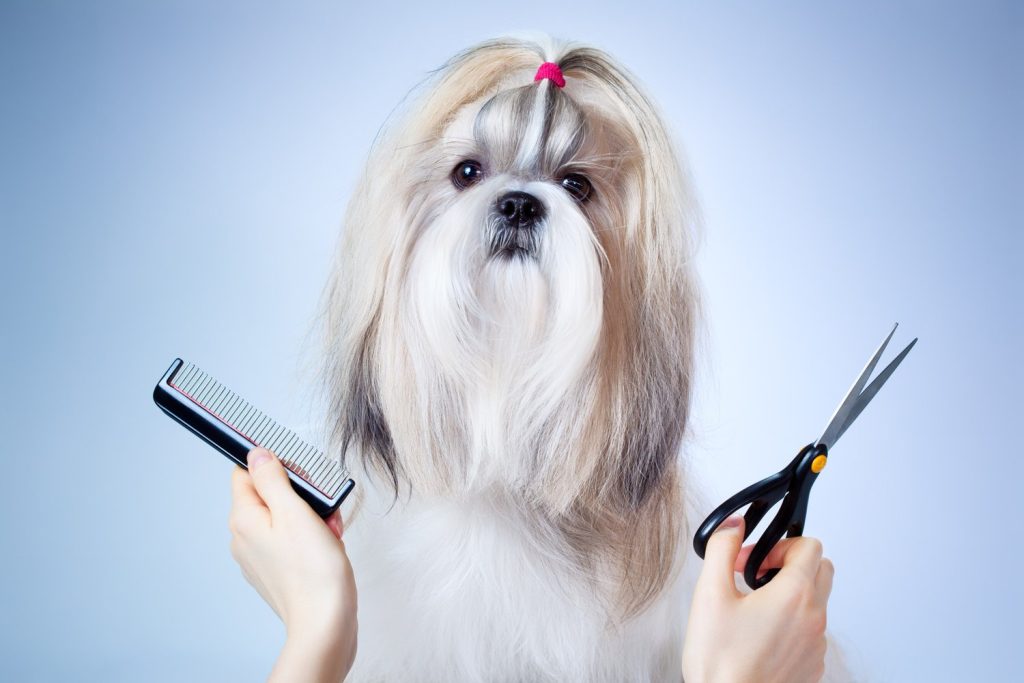Feline stomatitis is a painful and debilitating condition that affects a significant number of cats, causing inflammation in the oral cavity and leading to discomfort, difficulty eating, and a decreased quality of life. Traditional treatments for stomatitis in feline companions often involve a combination of antibiotics, anti-inflammatory drugs, and dental care, but the results can be variable, and some cats may not respond well to these conventional approaches. In recent years, a holistic approach to treating stomatitis has shown promise, focusing on addressing the underlying causes and supporting the overall well-being of the cat. One key element of the holistic approach involves dietary changes. Many veterinarians recommend switching affected cats to a hypoallergenic or novel protein diet, which can help reduce inflammation and alleviate symptoms. Additionally, incorporating omega-3 fatty acids into the diet has been shown to have anti-inflammatory effects, benefiting cats with stomatitis. These dietary modifications aim to support the cat’s immune system and reduce the inflammatory response that contributes to the development and progression of stomatitis.

In conjunction with dietary changes, holistic practitioners often emphasize the importance of dental hygiene. Regular dental care, including brushing the cat’s teeth and providing dental treats or toys, helps prevent the accumulation of plaque and tartar, which can exacerbate stomatitis. Some holistic approaches also include natural remedies such as herbal dental sprays or gels to support oral health. By addressing the dental aspect of stomatitis, holistic treatments aim to reduce the overall burden on the cat’s immune system and promote a healthier oral environment. Furthermore, stress management plays a crucial role in the holistic approach to feline stomatitis. Stress can weaken the immune system and exacerbate inflammatory conditions, including stomatitis. Holistic treatments often involve creating a calm and enriching environment for the cat, incorporating strategies such as pheromone diffusers, interactive toys, and comfortable resting areas. In addition to these lifestyle and dietary interventions, holistic veterinarians may explore alternative therapies to complement traditional treatments.
Acupuncture, for example, has shown promise in managing pain and inflammation associated with stomatitis and view http://www.samstern.co.uk/blog/tiramisu-blondies/. This ancient Chinese practice involves inserting thin needles into specific points on the body to stimulate energy flow and promote healing. While the mechanisms behind acupuncture’s effectiveness in treating stomatitis are not fully understood, many cat owners have reported positive outcomes, with their feline companions experiencing reduced pain and improved oral health. In conclusion, the holistic approach to treating stomatitis in feline companions offers a comprehensive and individualized strategy that goes beyond conventional treatments. By addressing dietary, dental, and emotional aspects, and incorporating alternative therapies when appropriate, holistic practitioners aim to enhance the overall well-being of cats with stomatitis. While more research is needed to fully understand the effectiveness of holistic treatments, many cat owners have found these approaches to be valuable in managing and improving the quality of life for their feline companions with stomatitis.
